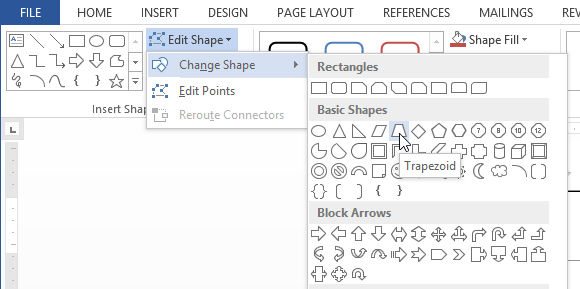

These latter words pack more meaning than their blander counterparts. Words like “good,” “average,” and “awful” are far less descriptive and specific than words like “liberating” (not just good but good and freeing), “C student” (not just average but academically average), and “despicable” (not just awful but morally awful). That’s why it’s important to use words that are both correct in meaning and specific in description. In the sprawling English language, one word can have dozens of synonyms. Use words that are both correct in meaning and specific in description.
WHY TRANSFORM WORD ART OUT OF PAGE FULL
Whether in poetry or prose, strong word choice can unlock images, emotions, and more in the reader, and the associations and connotations that words bring with them play a crucial role in this.īrowse our full course calendar » 2. Together, those two words create a powerfully true visual image of sugar cane-in addition to establishing the martial language (“spears,” “marching”) used elsewhere in the passage. Sugar cane isn’t, literally, made of “feathered lances,” which would literally denote “long metal spears adorned with bird feathers” but feathered connotes “branching out,” the way sugar cane does, and lances connotes something tall, straight, and pointy, as sugar cane is. Marching down from the hills, like a shell at your ears. Rattled the spears and their noise was like distant rain The same sunrise stirred the feathered lances of caneĭown the archipelago’s highways. In hill-towns, from San Fernando to Mayagüez, The rich web of connotations in language are crucial to all writing, and perhaps especially so to poetry, as in the following lines from Derek Walcott’s Nobel-prize-winning epic poem Omeros: When we use words connotatively, we’re letting context drive the meaning of the sentence.

In context, the word “great” connotes its opposite: something so bad that calling it “great” is intentionally ridiculous. As a simple example, when someone says “greaaaaaat” sarcastically, we know that what they’re referring to isn’t “great” at all. We play with denotations and connotations all the time in colloquial English. By contrast, connotation refers to how the word is being used in its given context: which of that word’s many uses, associations, and connections are being employed.Ī word’s denotative meaning is its literal dictionary definition, while its connotative meaning is the web of uses and associations it carries in context. Denotation refers to the word’s basic, literal dictionary definition and usage. Words can be chosen for one of two meanings: the denotative meaning or the connotative meaning. The definition of word choice extends far beyond the simplicity of “choosing the right words.” Choosing the right word takes into consideration many different factors, and finding the word that packs the most punch requires both a great vocabulary and a great understanding of the nuances in English.Ĭhoosing the right word involves the following four considerations, with word choice examples. Word Choice Definition: The Four Elements of Word Choice This article will explore what word choice is, and offer some examples of effective word choice, before giving you 5 word choice exercises to try for yourself. The meaning of “word choice” may seem self-explanatory, but to truly transform your style and writing, we need to dissect the elements of choosing the right word. Strong word choice uses vocabulary and language to maximum effect, creating clear moods and images and making your stories and poems more powerful and vivid.

All strong writers have something in common: they understand the value of word choice in writing.


 0 kommentar(er)
0 kommentar(er)
